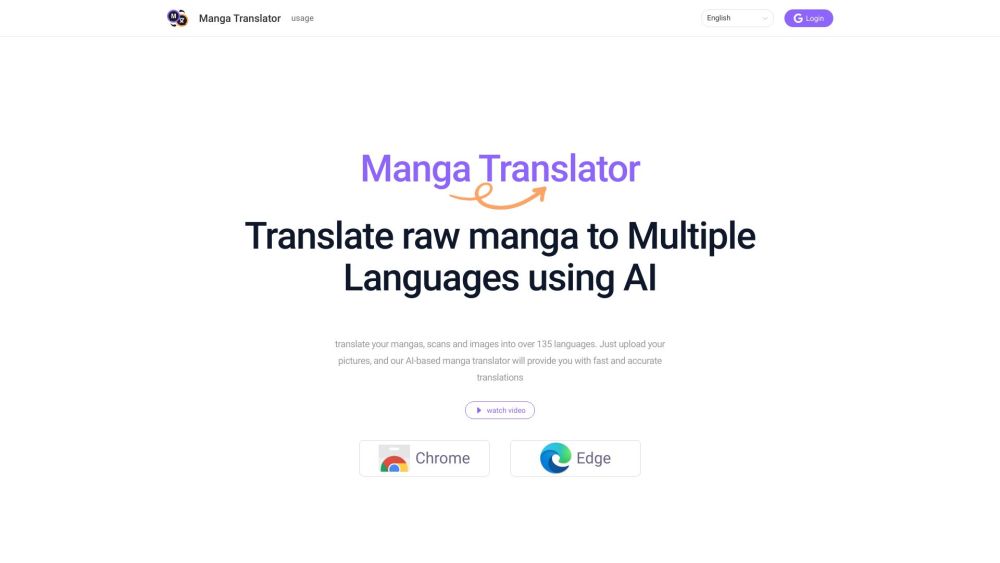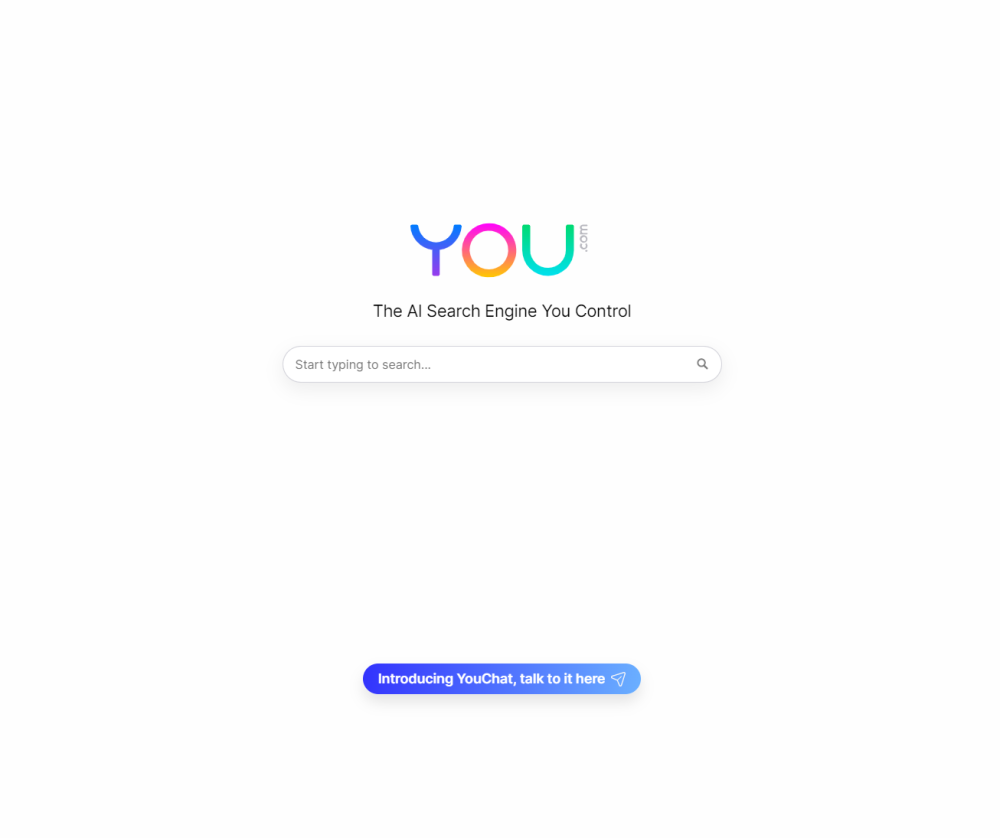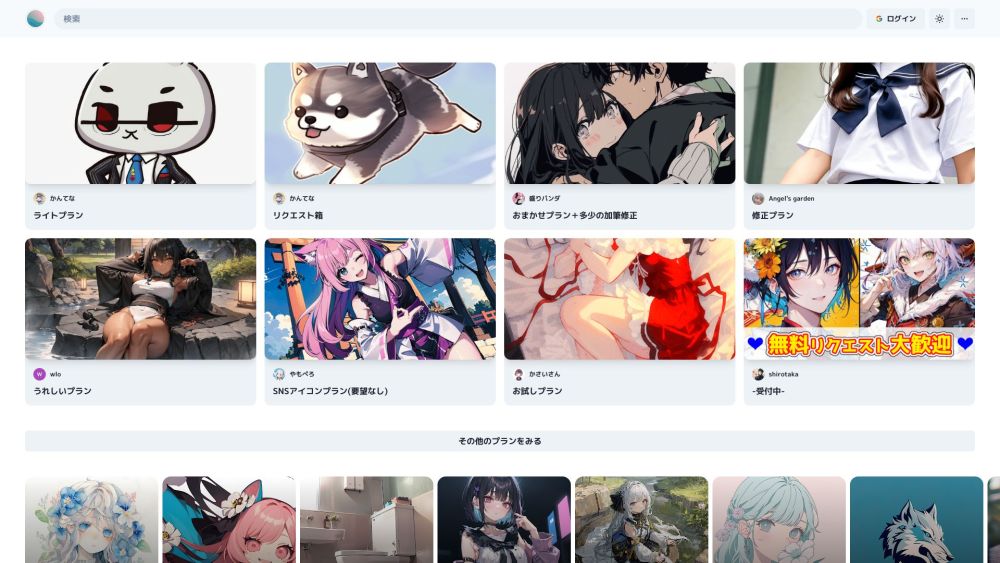OpenAI has officially appointed a new board of directors, consisting of three members: Bret Taylor, the chair and president of Salesforce; Larry Summers, a former U.S. Treasury Secretary and Harvard professor; and Adam D’Angelo, co-founder and CEO of Quora/Poe, the only member retained from the previous board. Microsoft, a significant investor in OpenAI, will serve as a non-voting partner. This decision concludes a tumultuous two-week period marked by leadership upheaval.
However, this may just be the beginning of a new chapter. With a new board in place and numerous unresolved issues, OpenAI's saga appears far from over.
For those who missed it, here’s a recap: On November 17, 2023, just before Thanksgiving, the previous OpenAI board — which included CEO Sam Altman, president Greg Brockman, and chief scientist Ilya Sutskever — voted to remove Altman. Citing a lack of candor in his communications, the board stated they lost confidence in his leadership abilities, triggering significant upheaval in Silicon Valley and beyond. OpenAI, hailed as a leader in generative AI, was at the center of this storm.
During the ensuing 12 days filled with uncertainty, OpenAI saw various developments, including the appointment of two interim CEOs and overwhelming staff support for Altman's reinstatement. Notably, reports emerged of a breakthrough towards artificial general intelligence (AGI) with a model referred to as Q*.
Looking ahead, reinstated CEO Altman expressed enthusiasm about the new board and the company's future in a blog post, stating, "I believe our resilience and spirit set us apart in the industry." He emphasized his eagerness to advance the mission of building beneficial AGI with his team.
Nonetheless, the new board remains a small group, halved from its previous size, and Altman hinted at potential growth to incorporate “diverse perspectives.” However, attracting qualified candidates may prove challenging following the tumultuous recent events, as some potential female board members reportedly expressed hesitation due to the perceived “boys club” environment.
The only surviving board member from the previous leadership is D’Angelo. Throughout the crisis, Altman publicly praised him, attempting to quell concerns regarding potential conflicts of interest due to his dual role at Quora.
OpenAI's governance structure is unique, having started as a nonprofit before launching a "capped profit" subsidiary in 2019. This structure likely contributed to the board's decision-making dynamics that led to Altman’s ouster. Previously, the board's focus appeared to favor cautious governance, while Altman and his supporters championed rapid innovation.
Bret Taylor, the new board chair, indicated a commitment to revamping governance, with a focus on enhancing stakeholder trust. However, the specific changes that will be implemented remain uncertain.
Questions also linger regarding Microsoft’s influence on the new board. While its role is designed to be non-intrusive, CEO Satya Nadella was reportedly incensed by Altman's removal and played an active role in negotiations for his reinstatement.
OpenAI is also in the midst of pursuing new funding, attempting to raise capital at a reported valuation of $90 billion prior to these upheavals.
As for Sutskever, who played a central role in the decision to fire Altman, he publicly expressed regret over his actions but faces the challenge of maintaining professional relationships with those affected by his decisions.
The former board's rationale for Altman’s ousting remains one of the most pressing unanswered questions. While they cited a lack of transparency, the specific issues surrounding that claim remain undisclosed. Former interim CEO Emmett Shear sought clarification from the board, but no written justification was provided.
The U.S. Representative Ro Khanna has called for the OpenAI board to testify before Congress about the situation. Should such testimony occur, it could illuminate the underlying conflicts and decision-making processes within OpenAI.
As Altman suggested in his blog, "I am sure books are going to be written about this time period." Until then, the future of OpenAI’s governance and direction remains a critical topic to watch.




